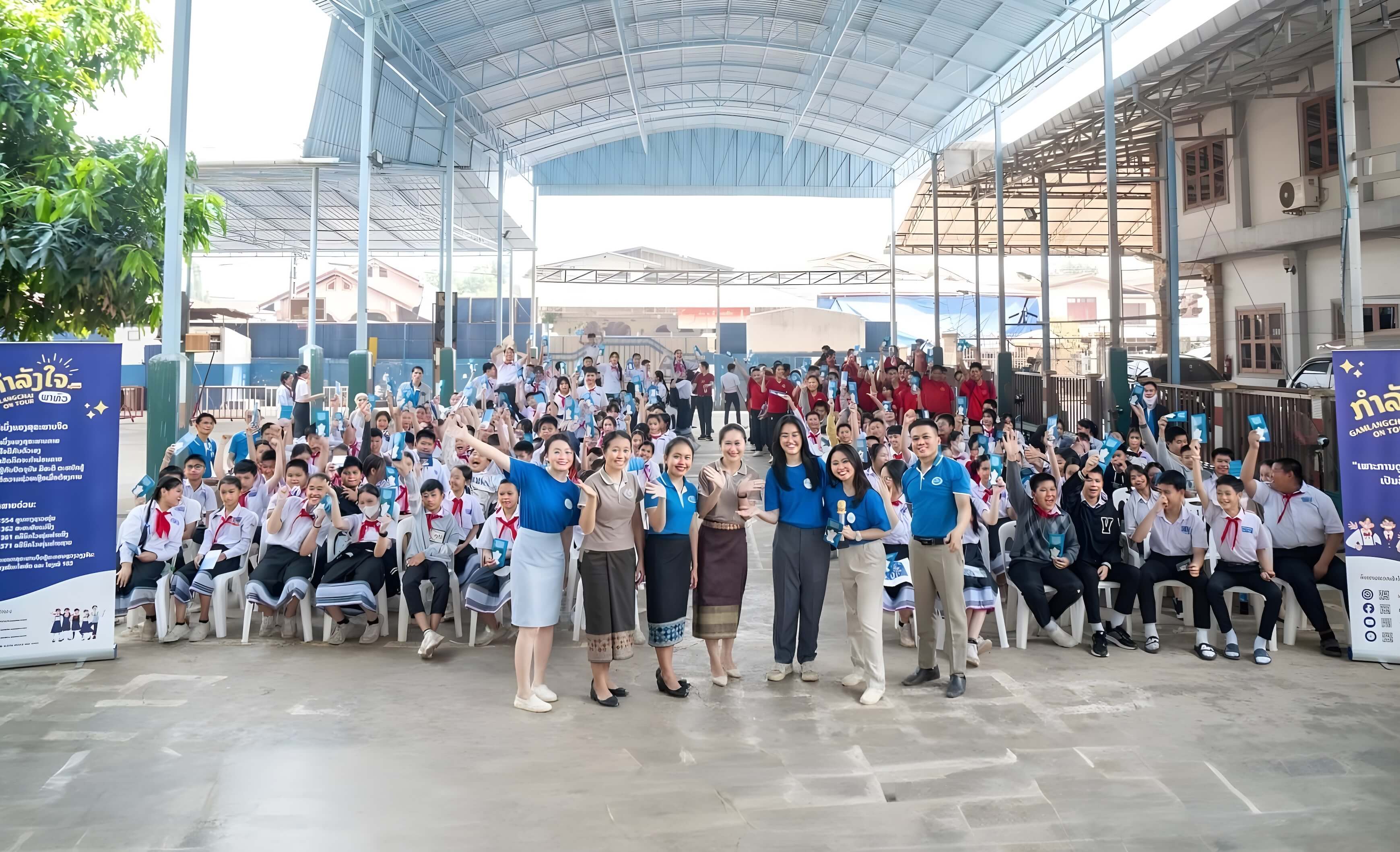




It is clear that the world will need to live with the threat and impact of COVID-19 for the foreseeable future. The dangers and dire consequences from the spread of this disease loom over us, and there is no time for complacency.
Since early January, ASEAN Member States and the ASEAN Health Sector have launched national and regional measures to stop the spread of the disease. These collective actions have not ceased; and there is increased cooperation with health and non-health partners to mitigate the impact of this pandemic.
Tracking the Disease in the Region
The numbers of cases of COVID-19 and deaths are still increasing
As of this writing, there are 8.4 million confirmed cases reported in more than 212 countries/states other than China, Hong Kong, Taiwan and Macau. More than 450,000 deaths have been recorded, with case fatality ratio (CFR) at 5.38 globally.
The ASEAN region—with all its ten ASEAN Member States having reported outbreaks of COVID-19 since the first confirmed case on 13 January 2020—has more than 124,000 people infected with the virus. About 3,600 people have died in seven ASEAN Member States. Cambodia, Lao PDR, and Viet Nam are the only countries with no reported fatalities. The CFR in this region ranges from as low as 0.06 to as high as 5.47 among the affected countries.
We can now classify countries based on their rates of transmission, using data culled by Blue Dot Inc., a partner institution of the ASEAN Health Sector, through the ASEAN BioDiaspora Virtual Centre.
The latest epidemiological curve of the ASEAN region indicates that there are countries with a slowing trend of infections, with a few countries with no detected local or imported cases for almost six to nine weeks. Although some countries show a slowing rate of transmission, the serious threat of infections and re-infections remains.

Building on the Gains and Moving Forward
Increased cooperation with external partners has built upon existing ASEAN regional mechanisms and coordination.
Concrete initiatives have come out of the commitments made by the Health Ministers of ASEAN with the Plus Three Countries of China, Japan, and Republic of Korea, and with the United States of America through their Joint Statements issued in April. Engagements with other external partners for enhanced cooperation in COVID-19 response such as Canada, European Union, and World Health Organization have likewise continued.
Our health counterparts from the National Health Commission of the People’s Republic of China since the start of the outbreak have been proactively engaged in the sharing critical information and updates on a regular basis through video conferences among senior health officials and experts, as well as sharing technical guidelines. Through bilateral cooperation, direct support to ASEAN Members States have been made possible through the provision of technical assistance, personal protective equipment, and laboratory reagents and other medical supplies and equipment to further build national response capability.
The health focal points from Korea Centre for Disease Control and Prevention and Republic of Korea’s Ministry of Health and Welfare have been actively engaged in technical exchanges through a series of Special Webinars on COVID-19 for Policy and Technology Sharing with invited health officials and experts from ASEAN, China, and Japan. To date, there have been six webinars organised.
Funds from Republic of Korea have also been mobilised to support the project on Enhancing the Detection Capacity for COVID-19 in ASEAN Member States (June 2020-January 2021). This project will provide diagnostic kits and equipment, with corresponding conduct of in-country trainings for laboratory officers in response to COVID-19.
We have similar engagements with the health focal points of Japan who have been equally supportive in technical exchanges on COVID-19 through the ASEAN Plus Three health platforms. Funds from Japan are currently supporting the conduct of a “Feasibility Study on the Establishment of the ASEAN Centre for Public Health Emergencies and Emerging Diseases (June-October 2020),” a critical mechanism which hopes to bring together relevant initiatives that strengthen public health emergency preparedness and response capacity of the ASEAN region.
Through the ASEAN–Canada’s Global Partnership Programme on the Mitigation of Biological Threats (2014-2022), Canada has enabled the ASEAN Health Sector to immediately launch a sustained regional response against the outbreak through the ASEAN EOC Network on public health emergencies, ASEAN BioDiaspora Virtual Centre, ASEAN Plus Three Field Epidemiology Training Network, and the ASEAN Risk Assessment Risk Communication Centre. These coordination mechanisms also strengthen the capacity of ASEAN Member States to mitigate a wide range of biological threats, including capacity to prevent, detect, and respond to outbreaks, emerging dangerous pathogens, and other hazards that have public health implications. These programmes and other projects on biosafety and biosecurity as well as laboratory and disease-surveillance strengthening began in 2014.
The Global Affairs Canada also engages with ASEAN at the bilateral level through the provision of personal protective equipment, reagents, and biosafety cabinets for laboratory. Funding support was also allocated for the development of the ASEAN Portal for Public Health Emergencies (June-July 2020) which will be used initially as a platform for enhanced real-time information sharing and knowledge exchanges dedicated to COVID-19 response during the pandemic and post-pandemic phases at the regional level. Subsequently, the portal will serve as a value-added platform with various layers or technical sections for public and internal exchanges on public health emergencies and emerging infectious diseases.
The European Commission is currently supporting 18 projects on research and innovation through Horizon 2020, the EU research and innovation programme. These projects, involving 140 research teams, are rapidly working to understand the behaviour of the epidemic through epidemiology and modelling, developing rapid diagnostics, as well as treatments and vaccines. Research institutions from ASEAN Member States that are interested to cooperate in these projects have already participated in the international matchmaking video conferences.
Our health counterparts from the United States have likewise been very active and supportive in technical exchanges and sharing of relevant information on COVID-19. Humanitarian assistance has been bilaterally provided to ASEAN Member States to scale-up pandemic response. There is commitment to further strengthen regional public health emergency coordination systems as well as enhance cooperation in human resource development; the development and production of vaccines, immunomodulators and antivirals; promoting normal flow of essential medicines and supplies; and strengthening health systems through universal health coverage.
In addition to these enhanced cooperation schemes, there is an essential need to fast-track coordination on research and development of accessible, safe, affordable, and quality drugs and vaccines against COVID-19. Entry points for cooperation on this matter can be aligned and harmonised with the implementation of the adopted ASEAN Leaders’ Declaration on ASEAN Vaccine Security and Self-Reliance, and the implementation of ASEAN Drug Security and Self-Reliance Framework.
The impact of COVID-19 has gone beyond the health sector. Nations are weighing on difficult decisions to slowly ease physical distancing measures, restart economic activity, while ensuring the safety and health of their communities. Enhanced cooperation among ASEAN Member States and their partners has never been more crucial.








